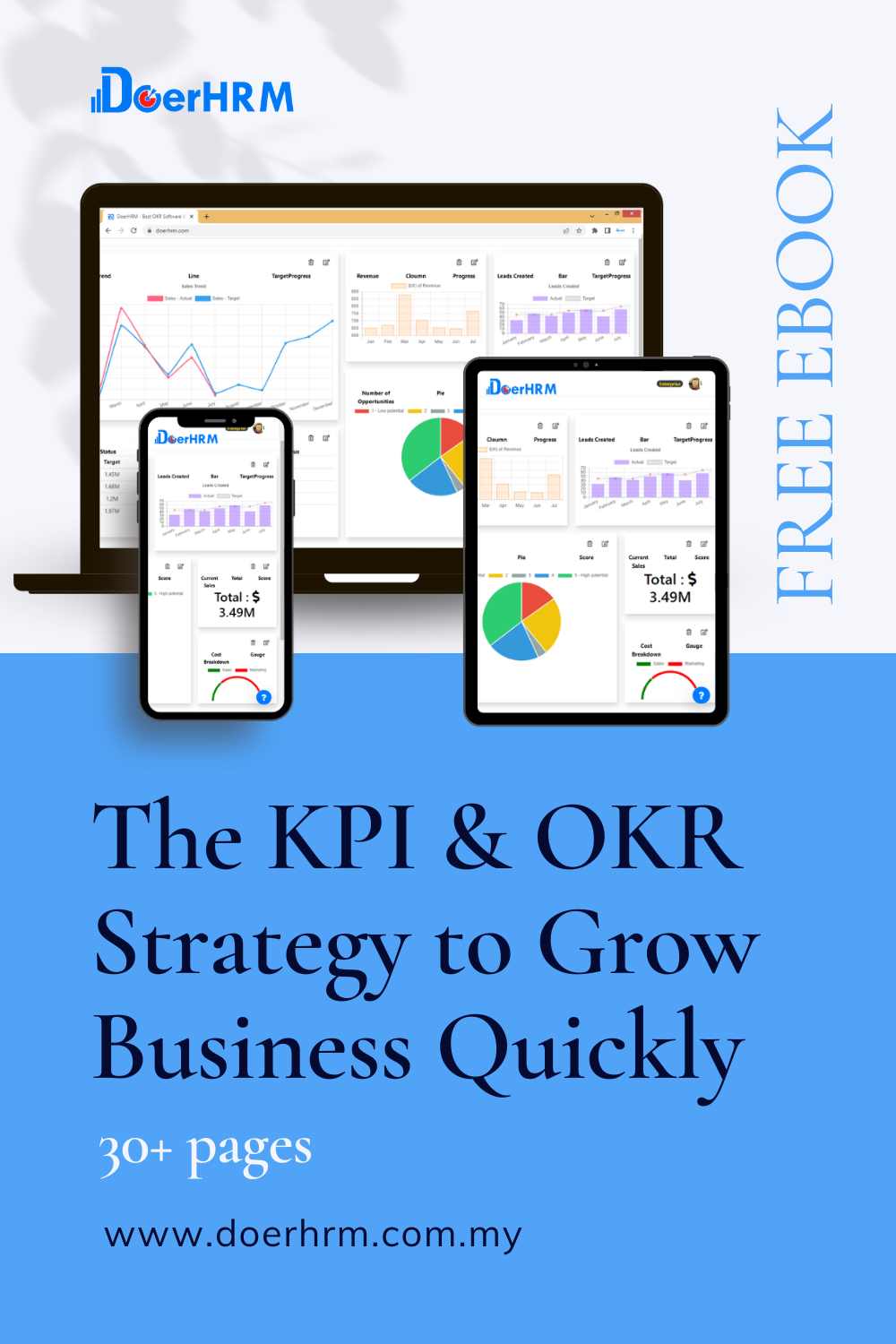Employee development, or skill acquisition, has been sustainable under value-based job market conditions. And not just sustained, but the people who improve their skills have reported higher levels of satisfaction and engagement. Employees, too, are happier when they are able to develop skills, both for functional and personal reasons.
Employee skills and development is an important component of the employee experience. It is a continual process that is directly related to employee retention and the success of a company. In this article, you’ll learn how superb employee skills and development can be your company’s differentiating factor.
The Benefits of Skills and Development for Employees
- Skills and development for employee retention: Employers have a significant retention challenge, yet great employees may be retained through career development. In fact, training and development has grown so ingrained in organizations that it is frequently utilised as a recruiting tool. Offering professional development opportunities makes employees feel valued and loyal to the organisation, resulting in higher employee retention and reduced turnover rates.
- Skills and development for leadership talent acquisition: Employees with future leadership qualities might be key to developing an organization for growth and development. New hires can provide leadership talent, or HR experts might choose present employees as managerial prospects. Having established leadership development programmes, according to the Society for Human Resources Management (SHRM), guarantees that a company is focused on future business goals by training experienced and qualified employees.
- Skills and development for employee empowerment: Leaders who feel empowered in the workplace are more effective at motivating and winning the trust of their employees. As a result, such employees will feel more competent, productive, and confident in their job. Employee autonomy is defined by SHRM as the degree to which an employee feels empowered and can make their own decisions about their career.
- Skills and development for workplace engagement: Finding ways to increase employee engagement can help to reduce workplace boredom, which can lead to sentiments of unhappiness and poor work habits if left uncontrolled. Regular training and development activities may assist organizations build regular re-evaluation of their employees, skills, and systems, preventing workplace passivity. Furthermore, by requiring companies to analyse current talent and evaluate growth and development potential internally rather than through recruiting, it will affect business culture and can stimulate company analysis and planning.
Workplace Environment Should Accommodate Skills And Development
Employee skills and development can never be effective if the workplace environment does not support and promote constant learning, regardless of whether an organization has established a functional training programmes. Organizations must foster a culture of continuous improvement that recognises general industry change and provides necessary training to address the issues that such changes may bring.
Employee skill and development benefits have a domino effect: leaders feel competent and can effectively influence employee performance; skilled and engaged employees result in high job satisfaction, commitment, and thus retention; and workforce improvement and engagement benefits an organization’s overall profit. Regardless of the sort of training and development provided, it must fit with future workplace capabilities, support the company’s business objectives, and be presented in a creative manner that reflects the company’s digital evolution.
To get one of the best employee skills and development plan that can help your organization to create a tailored upskilling or reskilling plan to meet your unique industry needs, book a free demo with our performance experts!









